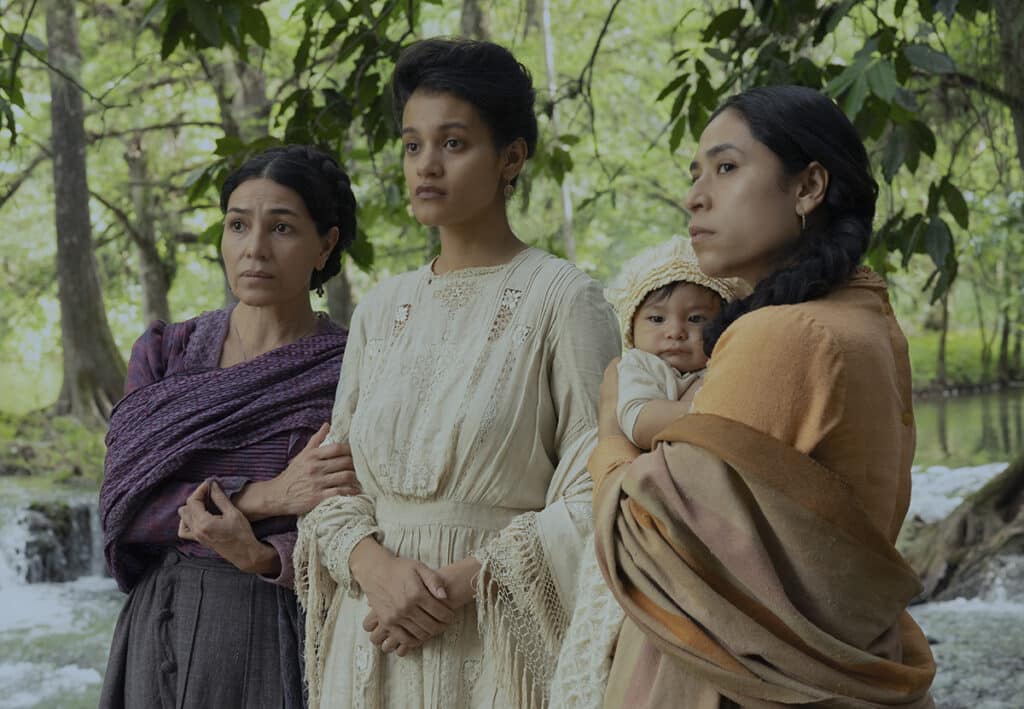
“Pedro Páramo” Doesn’t Do Right by its Women
Rodrigo Prieto’s adaptation of the famed 1955 novel “Pedro Páramo” has a tricky relationship with the women within it.

Rodrigo Prieto’s adaptation of the famed 1955 novel “Pedro Páramo” has a tricky relationship with the women within it.

It seems like everyone loves to dissect JLo’s breakups with far too many blaming it on the mogul’s supposed spiciness.

“Not Dead Yet” was canceled way too soon. It allowed Latinas to play against stereotypes but, like too many of its peers, didn’t get to continue on to a third season.

There are no evil stepmoms without spineless, absent fathers. But blaming women has always been easier. Thank goodness, that’s stopping.

The outstanding Colombian film, “El Otro Hijo” opens with the end of Federico’s childhood – at the moment his brother dies suddenly.

Hypercompetent and strong, the new Latina stereotype may be positive but it’s still damaging. We deserve to see more of ourselves on screen.

We can’t help but feel a little ambivalent about “Hispanic Heritage Month” and our co-founders are here to help you untangle it all.

Friends and acquaintances constantly recommended that I watch Aubrey Plaza’s work – and as a deadpan Latina, I get now why they did.

“Hot Pepper.” Strictly Dynamite. Mexican Spitfire. These are some of the Old Hollywood films that iconic Mexican actress Lupe Velez starred in. These are also ways to describe Latina women to this day, especially on the large and small screens.

I used to be very forgiving when it came to storytelling, no matter how many stereotypical inaccuracies a piece had. But now I’m just exhausted.